

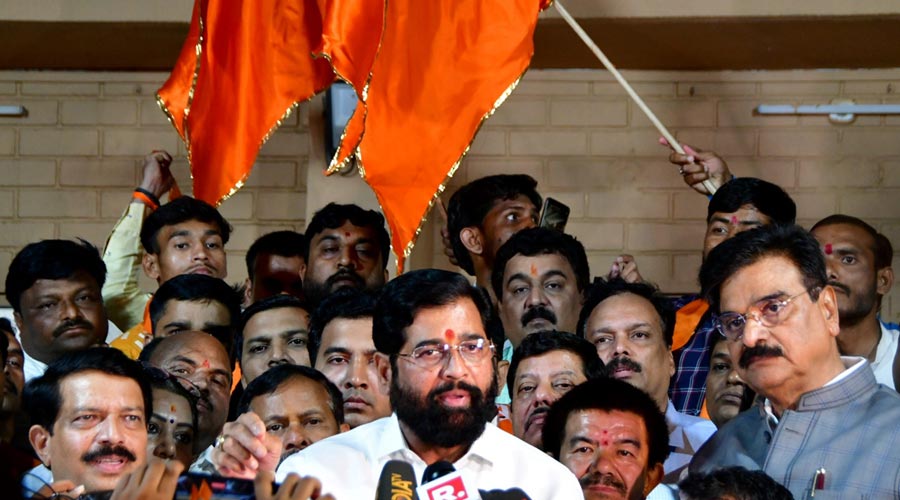
After weeks of uncertainty and squabbles, the Maharashtra government formation finally came to an end as Shiv Sena leader Eknath Shinde agreed to take the post of Maharashtra Deputy Chief Minister in the Mahayuti alliance. However, there are indications of further disagreements over portfolios between the alliance partners. The deadlock was possibly broken after BJP leader and likely CM-elect Devendra Fadnavis met with Shinde at his residence in Mumbai. This comes after Shinde's sudden illness and unplanned departure to his hometown following his talks with the BJP leadership in Delhi last week, sparking rumors of dissent within the alliance. However, Shinde's camp dismissed these rumors and stated that he is not adamant for the top position and will accept the BJP's decision.
Eknath Shinde: From Rebel Leader to Maharashtra Deputy Chief Minister
Background:
Shiv Sena leader Eknath Shinde shot into the spotlight in June 2022 when he led a rebellion within the party against incumbent Maharashtra Chief Minister Uddhav Thackeray. The revolt led to the collapse of the Maha Vikas Aghadi (MVA) government, an alliance of the Shiv Sena, Nationalist Congress Party (NCP), and Congress.
Rise to Power:
After the MVA's collapse, Shinde claimed the support of over 40 Shiv Sena MLAs. He staked claim to the party leadership and formed a new alliance with the Bharatiya Janata Party (BJP). On July 3, 2022, Shinde was sworn in as Maharashtra's 20th Chief Minister, ending weeks of political uncertainty.
Current Status:
As Chief Minister, Shinde faces several challenges, including the task of forming a stable government with the BJP, addressing the ongoing COVID-19 pandemic, and tackling economic issues in the state. He has also faced criticism from the opposition for his role in the MVA's downfall.
Top 5 FAQs:
1. Why did Eknath Shinde rebel against Uddhav Thackeray?
A. Shinde cited differences with Thackeray's leadership style and policies, as well as the Shiv Sena's alliance with the Congress and NCP.
2. How did Shinde manage to form a government with the BJP?
A. Shinde secured the support of a majority of Shiv Sena MLAs and forged an alliance with the BJP, which emerged as the single largest party in the 2019 state elections.
3. What are the major challenges facing Shinde as Chief Minister?
A. Shinde faces challenges such as forming a stable government, addressing the COVID-19 pandemic, reviving the state's economy, and facing criticism from the opposition.
4. Does the Shinde-led government have the support of the Shiv Sena rank-and-file?
A. The extent of support within the Shiv Sena for Shinde is unclear, as the party remains divided between his faction and the one led by Thackeray.
5. What are the implications of the Shinde-led government for Maharashtra's politics?
A. The formation of the Shinde-led government has shaken up Maharashtra's political landscape and raised questions about the Shiv Sena's future under Thackeray. It could also lead to a realignment of political alliances in the state.

Members of the Kashmiri Pandit Association and the Jammu and Kashmir Dogra Samaj gathered in Mumbai to honor and mourn the Hindu civilians brutally killed in Pahalgam, Kashmir. The community representatives stated that the victims were targeted solely for their religious identity, reigniting concerns about minority safety in the conflict-prone region. The attendees stood in silence, holding placards and candles, to remember the victims and to demand justice and protection for vulnerable communities. The organizers emphasized the need for national unity and called upon authorities to take swift action against such attacks. They also stressed the importance of civil society standing up against communal violence through peaceful but firm action.
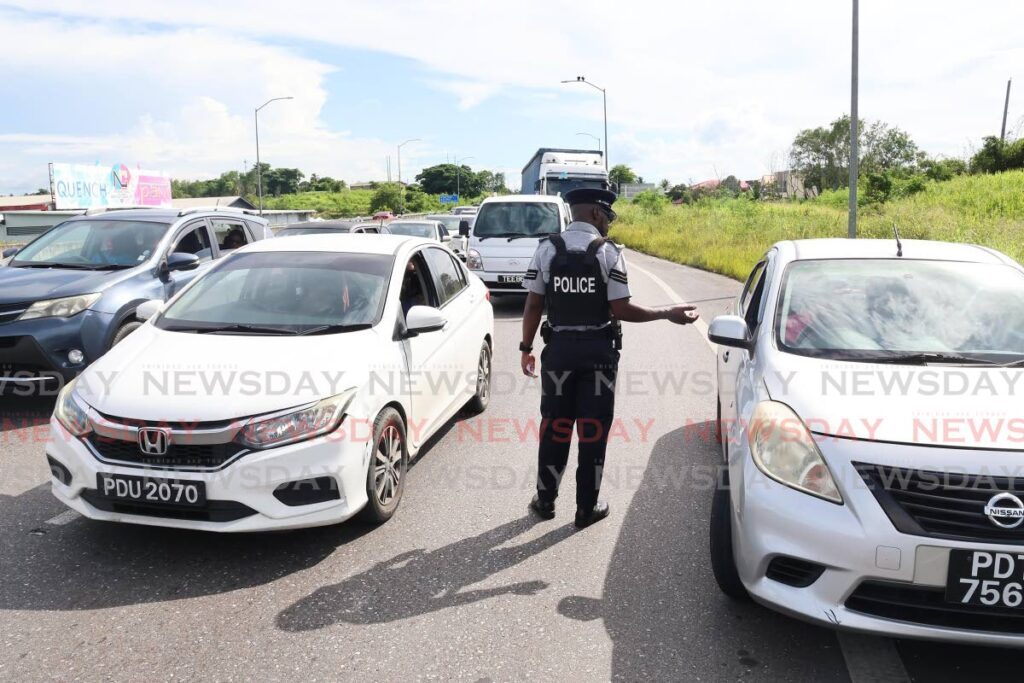
The Indian government has announced the implementation of a demerit point system for traffic violations, in an effort to reduce road accidents. Under this new system, drivers will receive demerit points for infractions such as speeding and running red lights, with accumulation of too many points potentially leading to suspension or cancellation of their driving licence. This initiative is part of a larger plan to improve road safety measures in India, which have come under scrutiny due to the high number of traffic-related deaths.
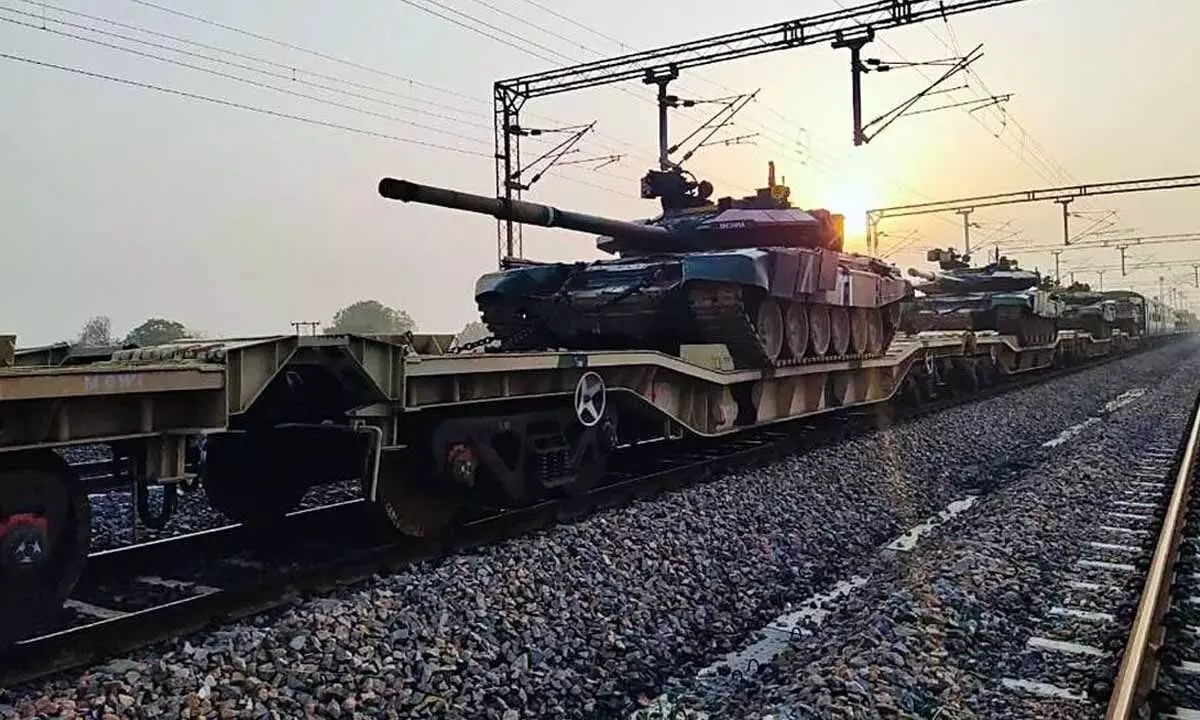
In the midst of escalating tensions between India and Pakistan, the Indian Railway Ministry has issued an advisory to its employees, cautioning them against sharing confidential information about military train movements with unauthorized persons. This comes as a response to possible attempts by Pakistani intelligence agencies to seek information about such movements. The advisory highlights the gravity of the situation and urges railway officials to be vigilant and not disclose any information to unauthorised individuals.
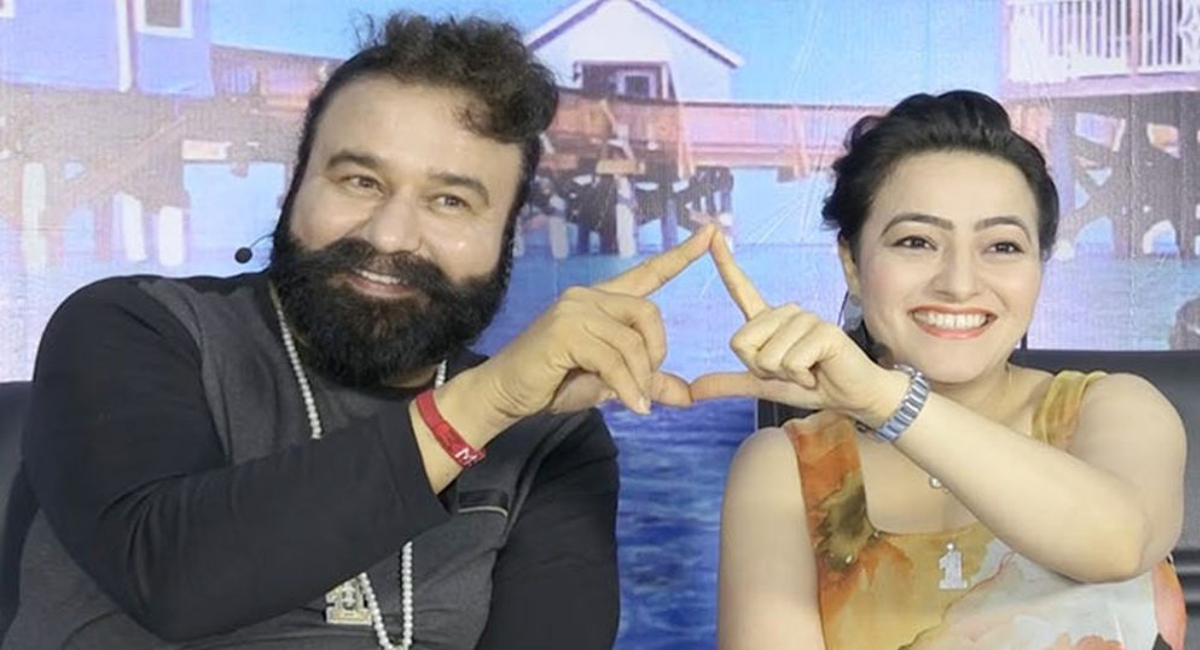
In the aftermath of the conviction of Dera Sacha Sauda chief Gurmeet Ram Rahim, a series of events have unfolded. Punjab's Chief Minister condemned Haryana's CM for blaming Punjab, Indian Film and Television Directors' Association canceled the Dera Chief's membership, and Twitter has frozen his official account. Additionally, his son has been appointed as the executive manager, leading to more speculation about the Dera Sacha Sauda's influence and power. The riots that have occurred in northern India since the conviction only further highlight the chaos surrounding this controversial figure. With the Dera Chief's influence on politics and the masses, it is clear that his actions have long-term consequences.
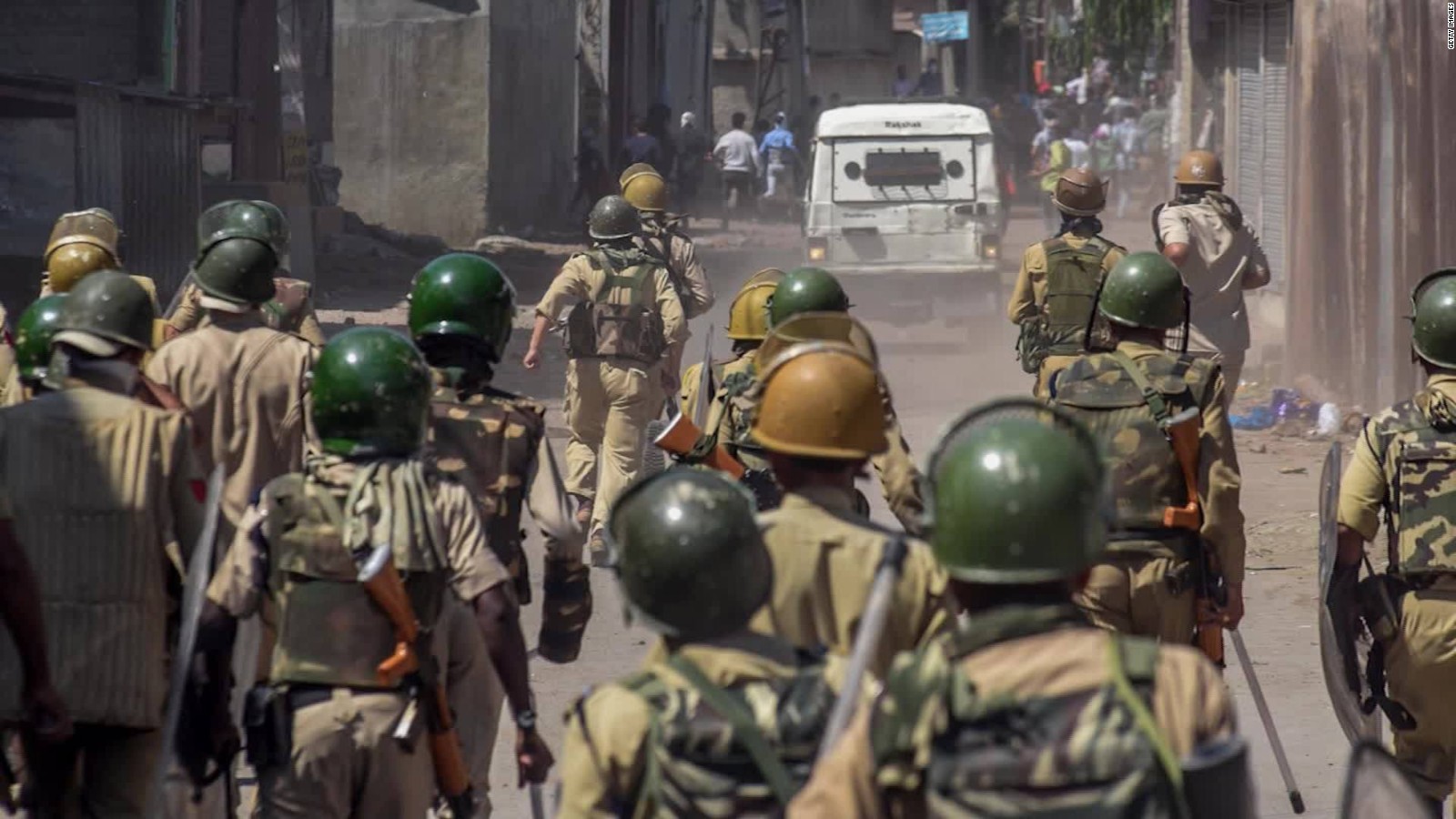
In a closed-door consultation, the UN Security Council discussed the recent terror attack in Jammu and Kashmir and called for de-escalation between India and Pakistan. The meeting, called by Greece, did not result in a statement, but Pakistan claimed its objectives were "largely served". The UNSC President described it as a "productive and helpful" meeting, while Pakistan's Permanent Representative stated that their objectives of having a discussion on the situation and the need for dialogue were achieved.
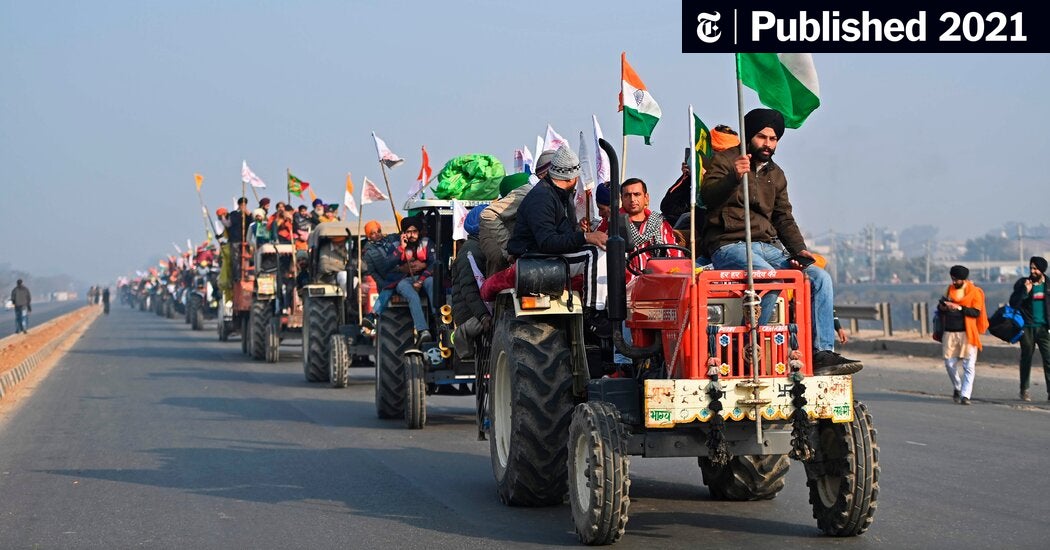
The ongoing farmers' movement in India is facing further obstacles as senior leaders, including Jagjit Singh Dallewal, have been placed under house arrest a day before a scheduled protest. This move by Indian authorities has been met with criticism from farmer organizations, who were planning a peaceful protest outside a police station. The arrests are being seen as a preemptive measure by the authorities, who fear a large-scale gathering against the government's alleged use of repressive methods. In the midst of this, Congress leader Mallikarjun Kharge is set to address a rally as part of the party's 'Save the Constitution' campaign in Jharkhand.
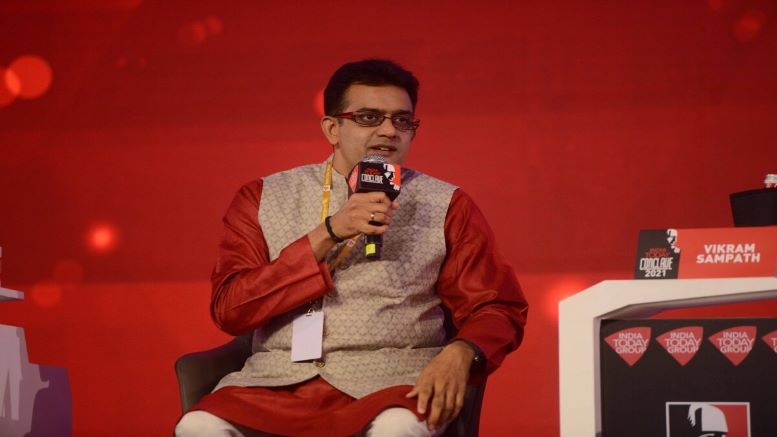
Speaking at the india@2047 summit, renowned historian Vikram Sampath challenged long-held historical narratives in India and called for a reevaluation of the nation's past. He highlighted the impact of colonialism on shaping India's historical consciousness, and the failure of successive regimes to correct this narrative. Sampath emphasized the importance of reclaiming India's civilizational ethos and fostering a culture of scholarly debate, driven by evidence rather than ideology. He also acknowledged the role of youth in driving independent research efforts that challenge established narratives.

The Enforcement Directorate has charged Congress leaders Sonia and Rahul Gandhi in the National Herald case, which was based on a complaint filed by BJP MP Subramanian Swamy in 2012. The complaint alleges that the Gandhis, along with other Congress leaders, conspired to transfer assets worth hundreds of crores to a company called Young Indian. The Congress has called the charges a political vendetta by the government. This development has further escalated the ongoing political rivalry between the two parties.
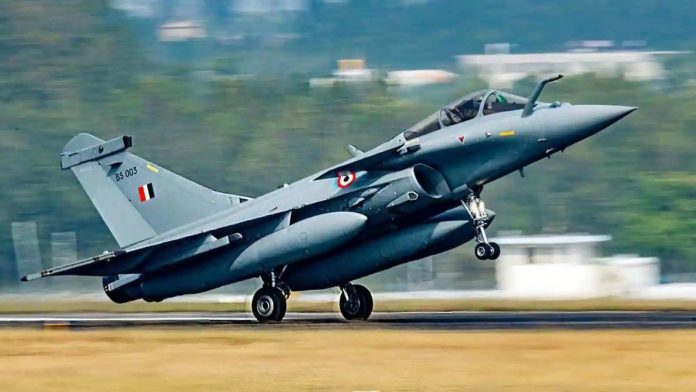
In a press conference, BJP spokesperson Sudhanshu Trivedi accused the Congress and its allies of continuously targeting the Indian Army through their statements, comparing them to Pakistan's anti-India activities. He also criticized UP Congress chief Ajay Rai for displaying a toy plane with lemons and chillies to represent Rafale jets parked with "nimbu-mirchi" (for warding off evil eye). Trivedi called on the government to take action against Pakistan following the Pahalgam terror attack and questioned the INDIA bloc's statement of being united with the government but having leaders making anti-India statements.
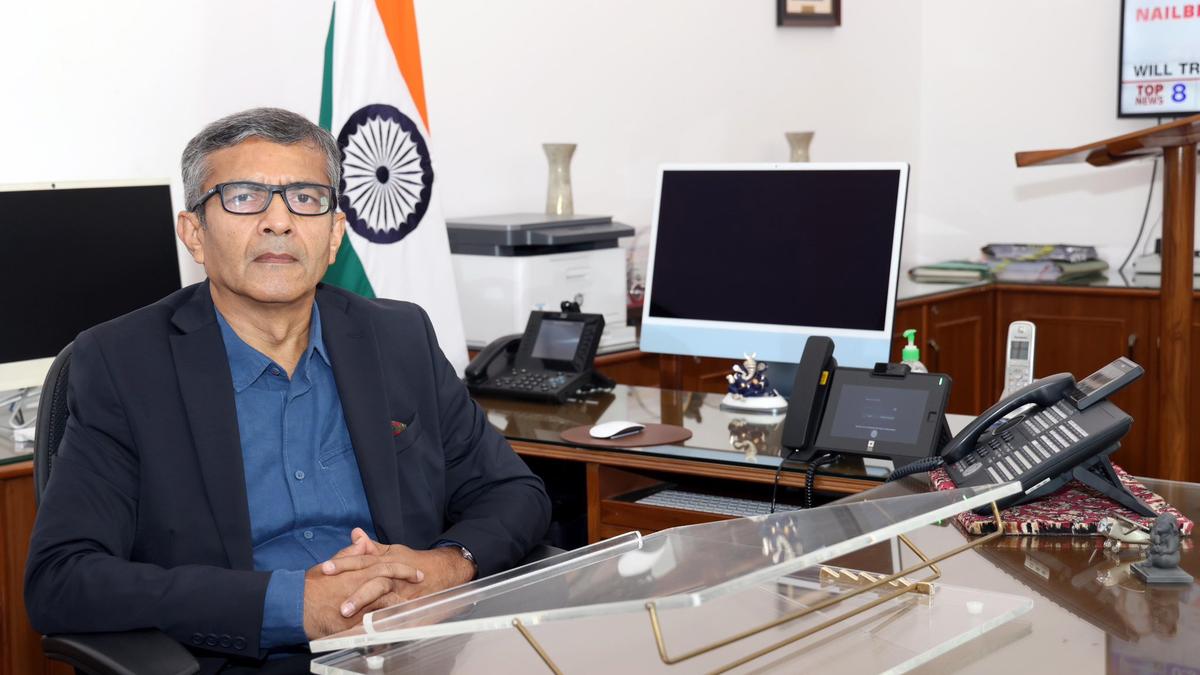
Following the deadly terrorist attack in Pahalgam, Jammu and Kashmir, Defence Secretary Rajesh Kumar Singh met with Prime Minister Narendra Modi to discuss the ongoing situation and response to the attack. This meeting comes after the Air Chief Marshal and Admiral of the Indian armed forces also met with the Prime Minister. Last week, PM Modi gave the armed forces "complete operational freedom" in dealing with terrorism and the United Nations Security Council is holding a closed consultation on the tensions between India and Pakistan.